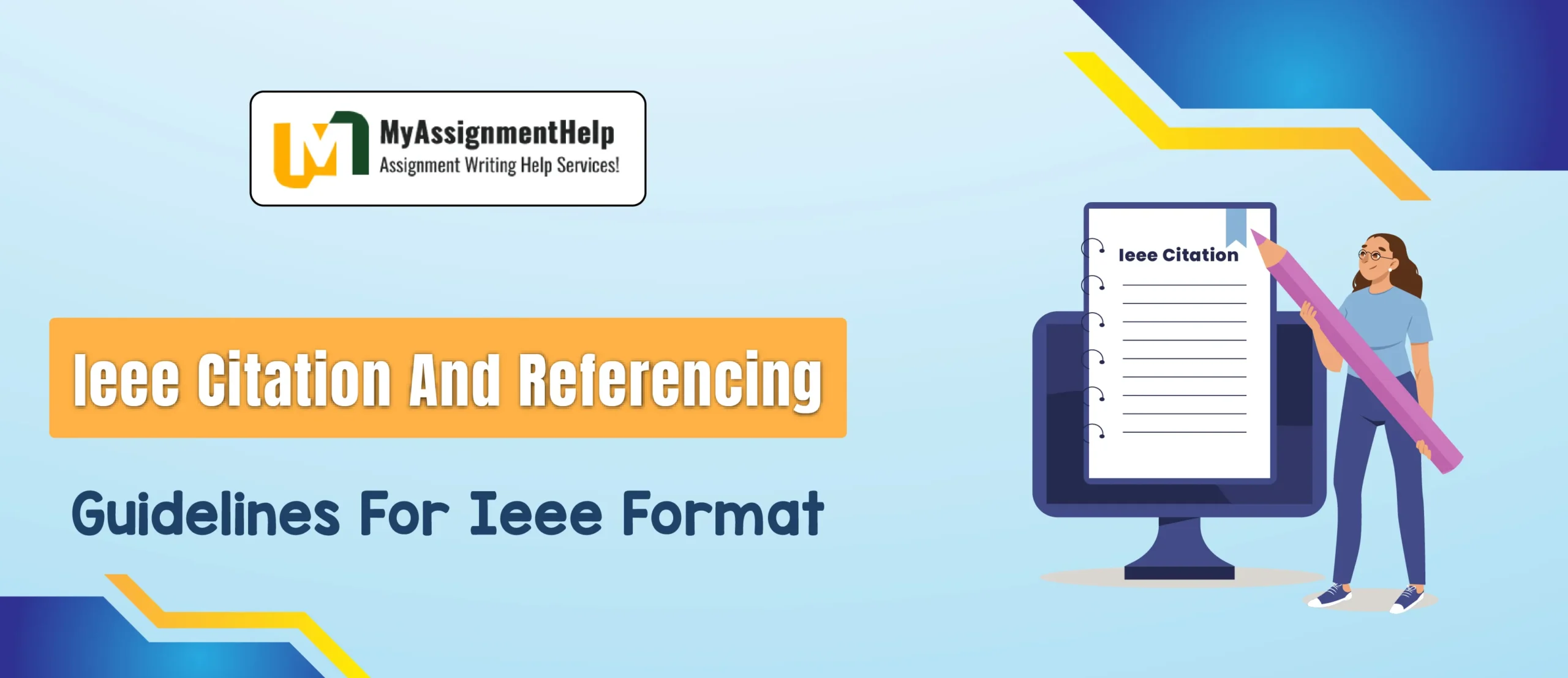When it comes to academic and professional writing in the fields of engineering and technology, adhering to a standardized citation and referencing format is essential. Among the most recognized formats is the IEEE (Institute of Electrical and Electronics Engineers) citation and referencing style. This guide will provide an overview of the IEEE citation style, including best practices, and resources such as “IEEE citation generator” and services like “Assignment Expert” and “BookMyEssay” for further assistance.

Understanding IEEE Citation and Referencing
IEEE citation style is commonly used in technical fields, particularly in engineering, electronics, and computer science. The format primarily relies on numbered references, which are often placed in square brackets in the text. These numbers correspond to a list of sources at the end of the document. Let’s delve into the essential elements of IEEE citation and referencing.
In-Text Citations
In IEEE format, in-text citations are indicated with a number in square brackets corresponding to the source in the references list. For instance, if you reference a book in your work, you might cite it in your text as [1].
Reference List
The references list in IEEE format is placed at the end of the document and arranged in numerical order according to the in-text citations. Each entry should include sufficient information for readers to locate the source, including the author(s), title, publication details, and date.
Formatting Sources
Different types of sources are formatted differently in IEEE style. Here are some examples:
Books: Author’s initials. Last name, Title of the Book, edition, vol. (if applicable), Publisher, Year.
Journals: Author’s initials. Last name, “Title of the article,” Journal Name, vol., no., pp., Month Year.
Conference Papers: Author’s initials. Last name, “Title of the paper,” in Conference Name, Year, pp.
Online Sources: Author’s initials. Last name, “Title of the webpage,” [Online]. Available: URL [Accessed: Month Day, Year].
Best Practices
Consistency: Keep your citations consistent throughout the document, adhering to the format guidelines.
Accuracy: Double-check your sources and ensure all details are accurate.
Use Tools and Resources: To save time and avoid errors, use tools like an “IEEE citation generator” or professional writing services such as “Assignment Expert” and “BookMyEssay” for expert help.
Leveraging Tools and Services
IEEE Citation Generator: An IEEE citation generator can streamline the citation and referencing process. By inputting the necessary information about your source, the tool will automatically generate a citation in the IEEE style. This can save you time and help you avoid formatting errors.
Assignment Expert: If you need professional help with your assignments, “Assignment Expert” can be a valuable resource. The platform provides expert assistance in various academic fields, including engineering and technology. They can help ensure your assignments meet the highest standards and adhere to IEEE citation and referencing guidelines.
BookMyEssay: “BookMyEssay” is another resource for academic writing assistance. Their team of professional writers can help you with all aspects of your work, including proper citation and referencing in IEEE format. This service can be particularly useful when you have tight deadlines or complex topics to address.
Related Tools and Resources
In addition to citation generators and writing services, there are other helpful tools for academic and technical writing:
Solve by Factoring Calculator: This calculator can help you solve mathematical equations through factoring, which can be beneficial in fields such as engineering and physics.
Interval of Convergence Calculator: This tool is useful for determining the interval of convergence for power series, a common task in mathematics and engineering.
By utilizing these resources, you can enhance your academic work and produce high-quality papers that adhere to IEEE citation and referencing guidelines.
Conclusion
Adhering to IEEE citation and referencing guidelines is essential for producing professional and academic work in technical fields. By understanding the key elements of IEEE style and leveraging tools like an IEEE citation generator, along with writing services such as Assignment Expert and My Assignment Help, you can ensure your work is well-referenced and properly formatted. Additionally, resources such as the solve by factoring calculator and interval of convergence calculator can help you tackle complex mathematical problems. With the right approach and resources, you can excel in your academic and professional endeavors.





